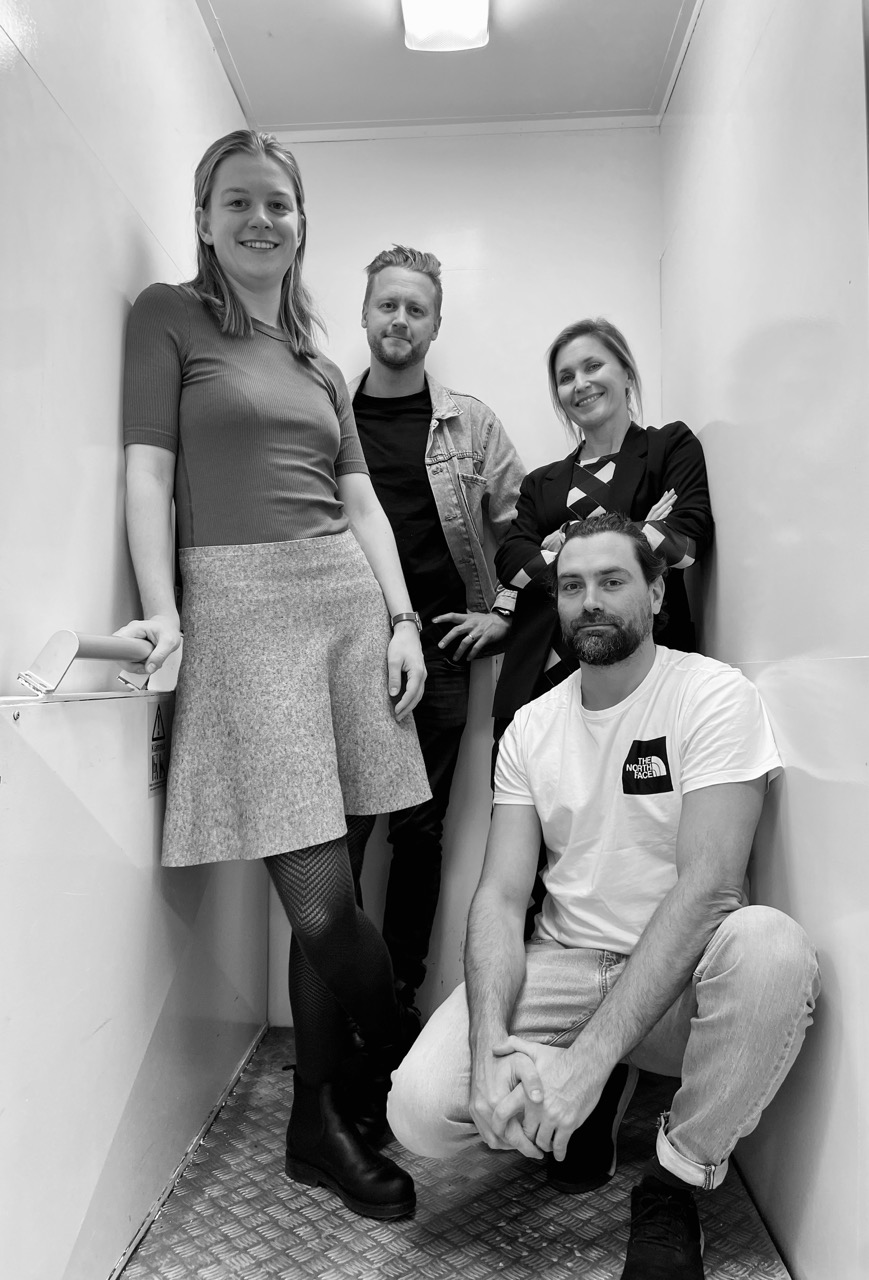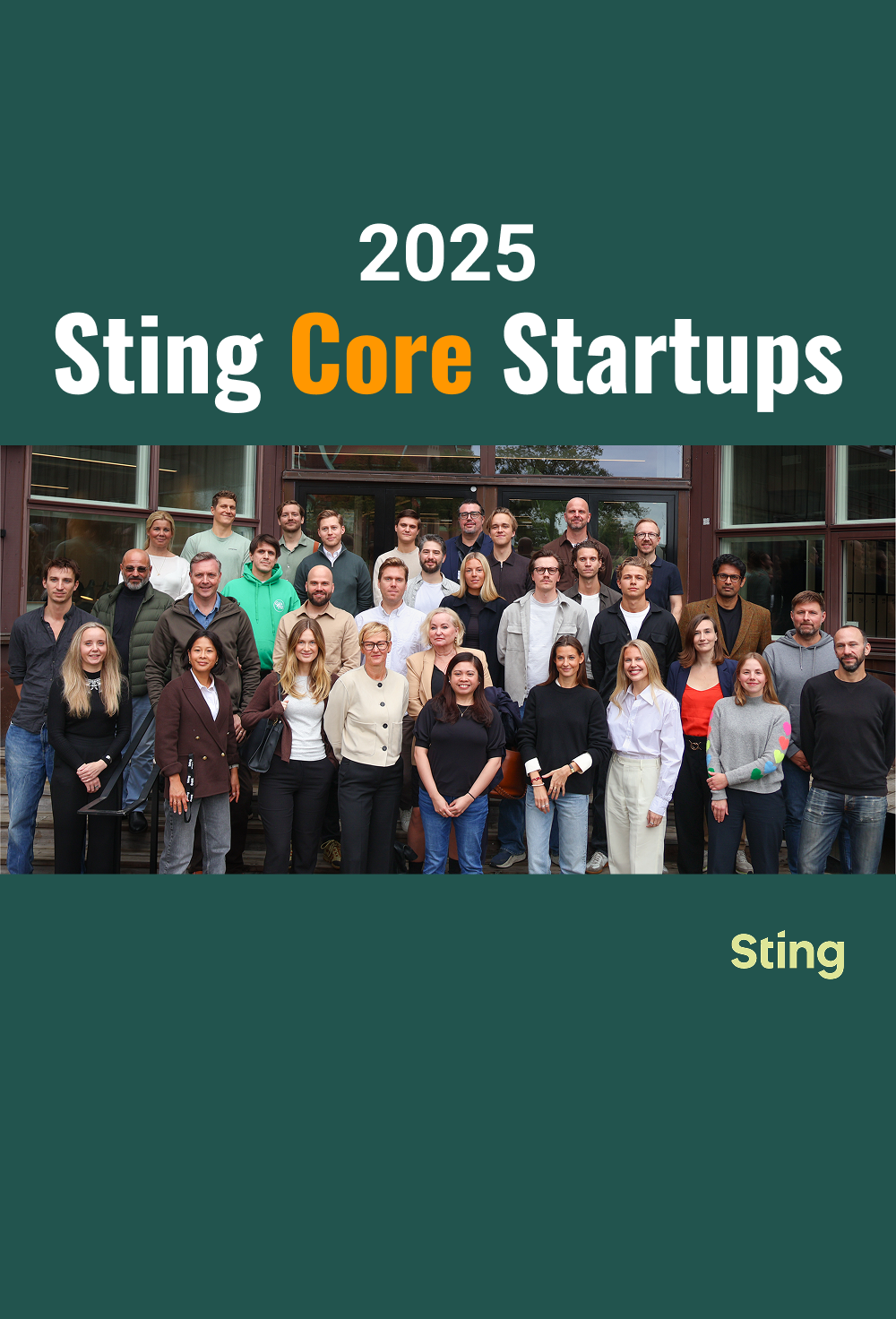Re:meat becomes Curve — enabling commercially viable protein biomanufacturing at industrial scale
Re:meat today announces its strategic rebrand to Curve, reflecting the company’s expanded mission and technology platform aimed at enabling scalable, cost eGicient biomanufacturing of proteins across industries.






%20Large.jpeg)


